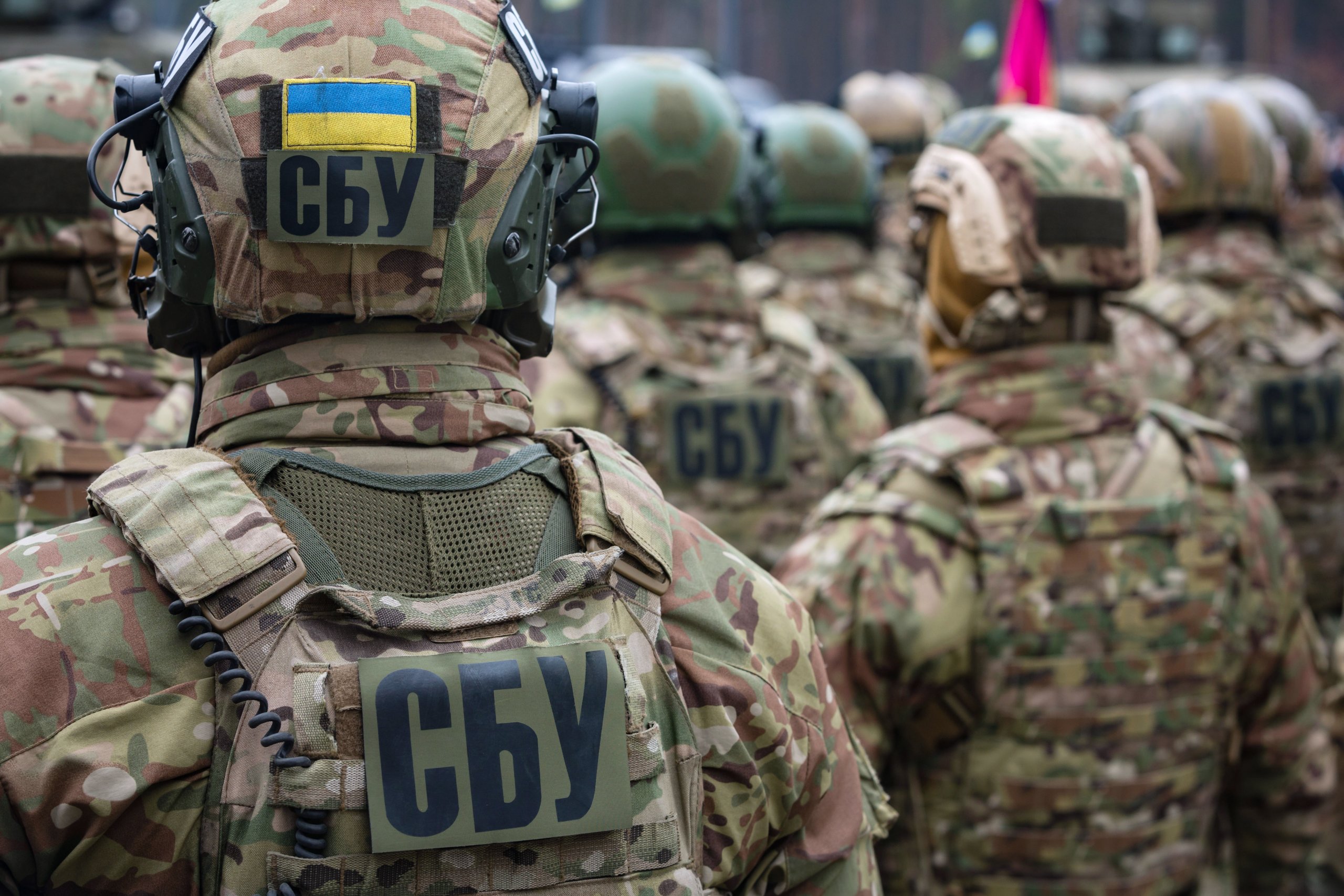Switzerland, traditionally a neutral country, is increasingly recognizing the need to be prepared for new forms of threats. Amid growing geopolitical pressure, especially from countries like Russia and China, Swiss authorities are sounding the alarm: disinformation, digital influence, and other forms of "hybrid warfare" are no longer bypassing the country. A government report states that attacks in the "gray zone" between war and peace have become a reality, requiring immediate systemic responses, as reported by SWI.
Particular concern is raised by the fact that Russia and China are directly mentioned as the main sources of potential national security risks. These countries use both traditional and cyber methods of influence, affecting democratic processes, public sentiment, and foreign policy positions in European countries, including Switzerland. Given that key international organizations are located on its territory, the country has become an attractive target.
One vulnerable aspect of Switzerland is its system of direct democracy. The ability of citizens to directly influence political decisions makes the country especially sensitive to external interference through fact manipulation, undermining trust in the media, and manipulating public opinion. Initiatives to create a coordination office for combating disinformation and potentially participating in international structures such as the G7 rapid response mechanism are already being discussed in parliament.
However, addressing hybrid attacks solely through state methods is insufficient. As shown by examples from Sweden and the Baltic states, defense begins with increasing media literacy and building resilience to manipulation. In these countries, educational programs are being implemented, the culture of information security is being developed, and even military measures against disinformation servers are being considered.
In Switzerland, calls are being made to revive the concept of "spiritual national defense" — adapted to the modern and digital age. According to the CH++ analytical center, the country should invest in cybersecurity, strengthen the collective narrative, and create new symbols and rituals that promote national unity. This is an important step in protecting democracy from external destabilization.
Experts also emphasize that disinformation is not limited to external sources — it thrives in the context of internal political contradictions and societal polarization. Therefore, local politicians, parties, and media outlets must strengthen their commitment to facts and transparency. Without internal resilience, external protection will be pointless.
Switzerland faces the need to adapt its security system to new realities. Hybrid threats are not hypothetical scenarios for the future; they are already happening, and the country must respond decisively and consistently. There is no time for delay: protecting democracy in the heart of Europe requires a coordinated, comprehensive, and proactive approach, writes the publication.





















